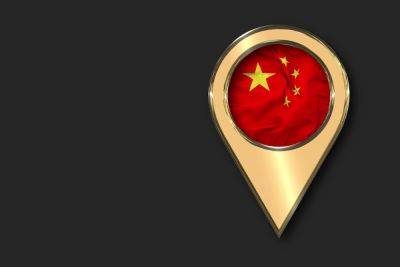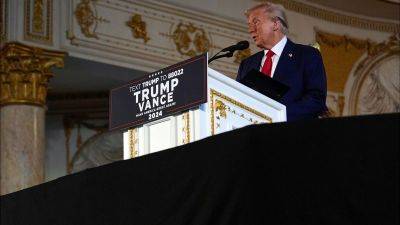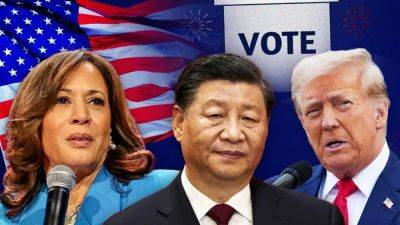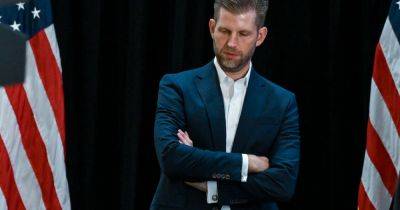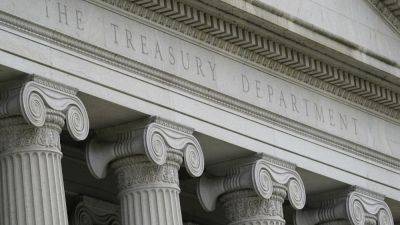To challenge China, the next US president should fix trade
This article was originally published by Pacific Forum. It is republished with permission.
In the September presidential debate, former President Donald Trump and current Vice President Kamala Harris had sharply contrasting views on issues ranging from energy to immigration to policy toward China and the Middle East.
Yet, both agreed that tariffs were useful for US foreign policy.
The debate started with tariffs, and the two candidates went back and forth on the likelihood that the new tariffs would cause inflation. By the end of the debate they returned to their discussion on tariffs, where they disagreed on the sectors where they thought tariffs should be imposed and on which countries should be targeted – but agreed that tariffs are useful.
Regardless of the detrimental consequence of tariffs, including inflation, the candidates emphasized the need to impose them to protect critical sectors and spur domestic manufacturing.
The debate clearly demonstrated the arrival of a new era in the United States, one in which the two parties are recalibrating the balance between national security and economics.
Biden’s trade war and Trump’s
The United States has a growing list of grievances about Beijing’s mercantilist practices. These include
- widespread market-access restrictions, from equity caps on investment to regulatory harassment;
- pervasive subsidies directed at national champions that tilt the competitive playing field against foreign firms in China and in third markets; and
- widespread forced technology transfer and intellectual property theft.
To protect domestic industries vital to national security and incentivize China to change its practices, both the Trump and Biden administrations have imposed tariffs on Chinese


